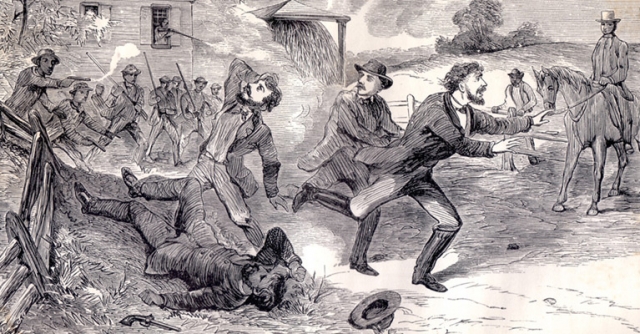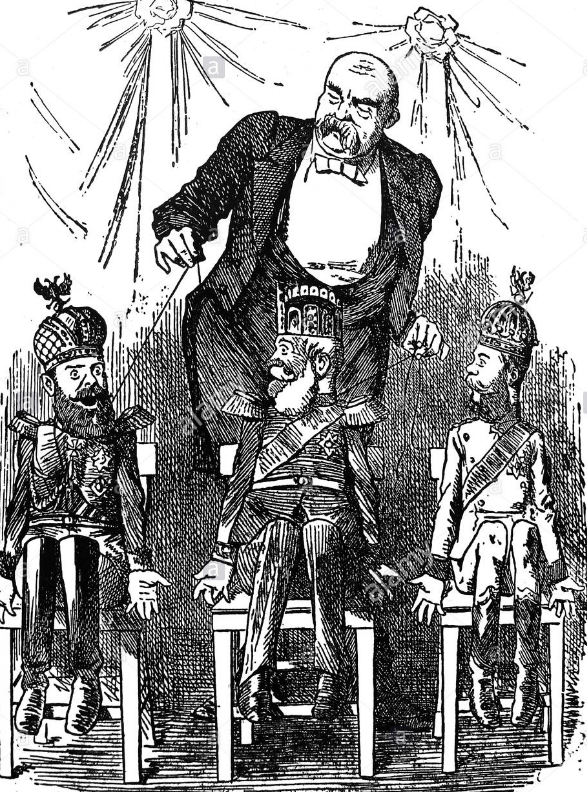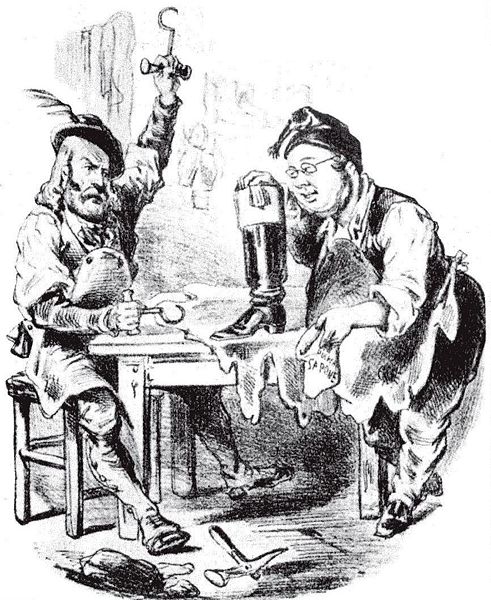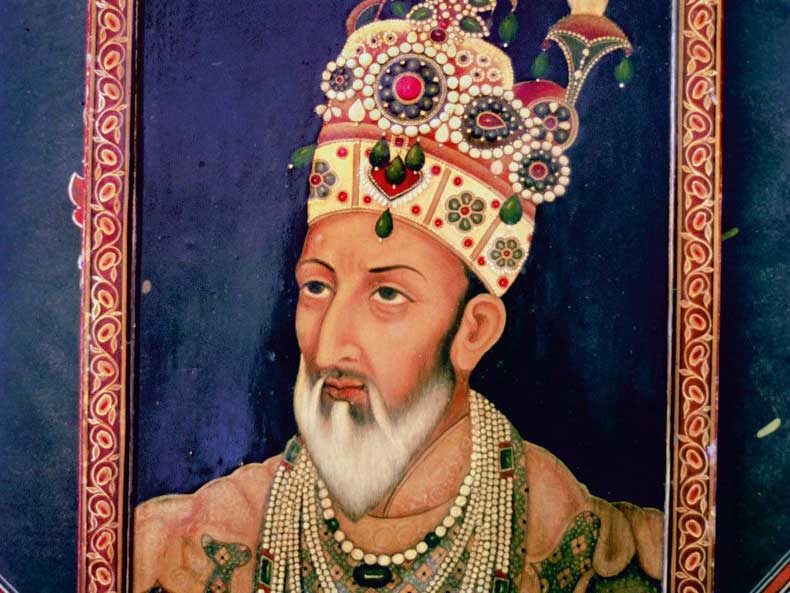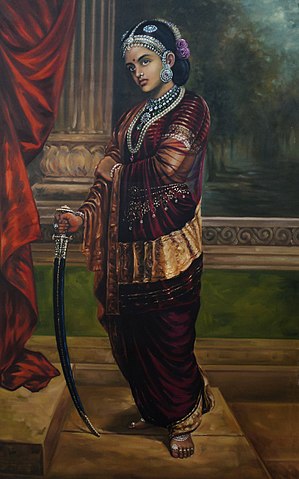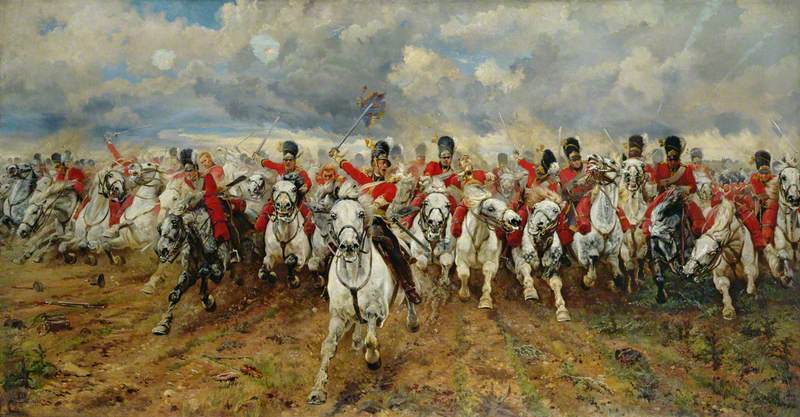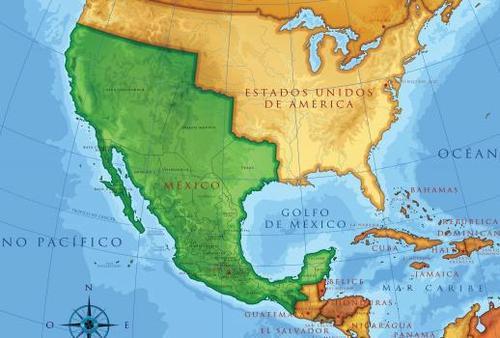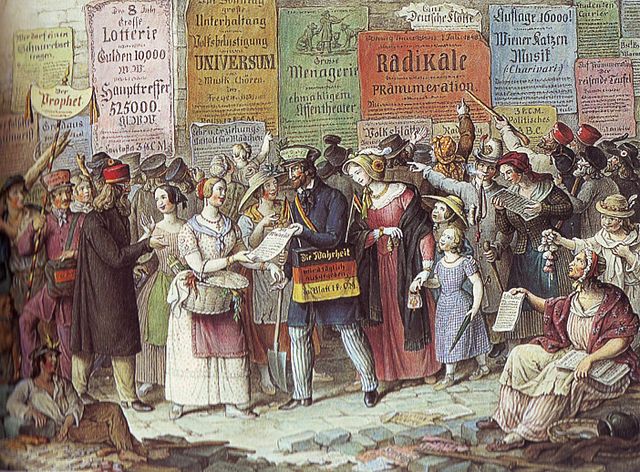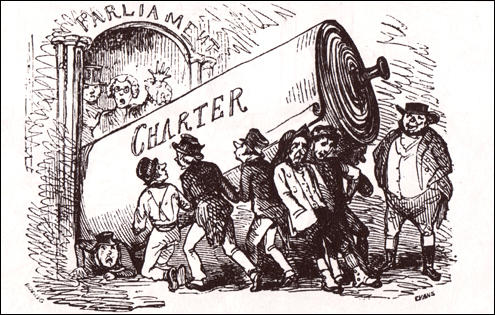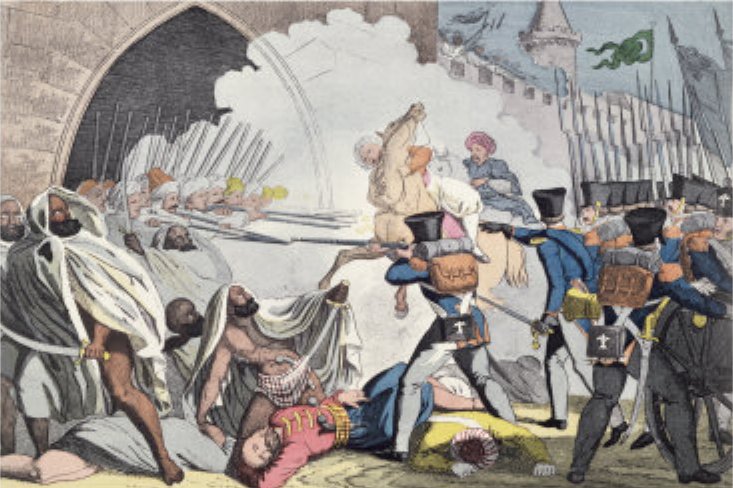Civilizations begins our study (at least four parts) of the American Civil War. We start with the abolitionist movement in the decades before the war, and the conflict between the British Empire and the United States over abolition. This episode relies on (among other sources) Kellie Carter Jackson’s book Force and Freedom, and Gerald Horne’s book Negro Comrades of the Crown.
Tag: Civilizations Series
Civilizations 22: German Unification and Otto von Bismarck
The name most associated with the unification of Germany is that of Otto von Bismarck. Bismarck was the great puppet master of Europe in the 1860s, but he may just have set things up for future conflagrations.
Civilizations 21: Italian Unification
Two very different characters – Cavour and Garibaldi – were instrumental in orchestrating the unification of Italy in the 1860s. We talk unification and consequences, and give a mention to Garibaldi’s famous letters to Abraham Lincoln of 1861 and 1863.
Civilizations 20b: India 1857 pt 2 – the Revolution Defeated
The Delhi Liberated Zone under Bahadur Shah Zafar falls; Tatia Tope and others fight on for another two years; the British kill perhaps 10 million Indian people (7% of the population); the 1857 has some victories even in defeat. But what does it all mean? We conclude our discussion with the concept of a point-of-view in history. I identify six different points of view (RSS, Congress, British imperialist, 1857 line, Subaltern Studies, and Marxist) and show how you end up having to pick one, and why I went with the “1857 line” on the event – for which the key source is Amaresh Mishra’s 2000 page book, War of Civilisations.
At the end of the episode, Dave and I discuss a table that I made about the different points of view I was able to identify in historical scholarship of 1857. The table we are looking at is in the Civilizations Resources Page under episode 20b.
I take full responsibility for this table, which I made up. Here is what I’d say is a representative source for each point of view. You may disagree – and I’m declaring my point of view, after reading all these, is with Misra and the 1857 line.
BJP – Savarkar, The Indian War of Independence
1857 line – Amaresh Misra, War of Civilisations
Marxist – Marx, the Indian War of Independence
Subaltern Studies – Guha, Prose of Counterinsurgency
British Imperialist – Kim Wagner, The Great Fear
Congress- Surendranath Sen, 1857
Civilizations 20a: 1857 – India’s War of Independence, pt1
Are we really doing this? One podcaster with Indian roots and another with British roots, trying to do the history of 1857 India? This is the Civilizations podcast, so yes we are! I’m arguing that 1857 is up there with the other great revolutions of this time – 1848 or 1870 in Europe, or Bolivar’s campaigns in Latin America. Part 1 takes you from the antecedents and context through to the Delhi Liberated Zone under Bahadur Shah Zafar.
Civilizations 19: The Crimean War
How did a military debacle lead to the abolition of serfdom in Russia? How did a disagreement over the nature of breakfast lead to a military loss? How bad was the Charge of the Light Brigade, really? Civilizations goes to the Crimean War, where Britain, France, and Turkey fought Russia from 1853-1856.
Civilizations 18: The Mexican-American War 1846-8
This episode is about how the US became the territorial empire that it is. We cover the Mexican-American War 1846-8, as well as the repeat performance when France invaded under Louis Napoleon. We end talking about US expansionism and its many 19th century wars with Indigenous nations.
Civilizations 17: The 1848 Revolutions in Europe
There were many revolutions in Europe in 1848, with complex and contradictory results and lessons learned by all parties for future revolutionary rounds. We spend most of the time in France, a bit of time in Prussia, and do a quick tour of the rest.
Civilizations 16: Chartism, Reformism, Police Origins, Irish Famine
We investigate Britain around 1848. Why was there no revolution? We look at the Chartist and Reform movements in Britain and in Canada, Robert Peel and the origins of modern policing, Australia and the early debates about how to create misery in prisons, the Irish famines and their repercussions.
Civilizations 15: 1830-2 French Revolution, Algeria Colonization, Muhammad Ali of Egypt, and Slave Revolts in the Americas
Your Western Civilization course covers the French Revolution of 1830. But the Civilizations Series gives you that and Muhammad Ali of Egypt, France’s colonizing Algeria, and the slave rebellions of Denmark Vesey in South Carolina, Nat Turner in Virginia, and Sam Sharpe in Jamaica.

